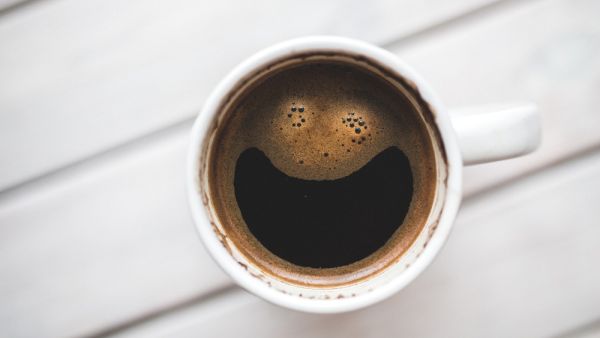Jihad Ali, a nurse at a local hospital, cannot get through the day without having at least six cups of Turkish coffee.
Ali said he needs coffee to "stay awake" and because he is "used to having it".
"I can't not drink coffee while I'm working. It's more of a habit...I have to concentrate all the time. I know it has its disadvantages but I can't stop myself from drinking six to seven cups daily," he told The Jordan Times.
But the Turkish coffee preferred by Ali and many other Jordanians, with its high concentration of caffeine, can contribute to diseases and disorders such as heart, bladder or kidney problems, health specialists agree.
Caffeine in coffee has negative effects such as temporary insomnia, stomach issues, rapid heartbeat, muscle instability, restlessness and nervousness, according to the Mayo Clinic website.
However, those who stop consuming caffeine may experience symptoms including fatigue, headache, depression and concentration difficulty.
Mamoun Zibdeh, a senior consultant, urologist and renal transplant surgeon, said a normal amount of caffeine intake amounts to 200-300 ml per day, equivalent to no more than three cups of coffee or three to four cups of tea.
“Coffee raises blood pressure. This is not good for patients with heart problems, who should refrain from having large amounts of coffee on a daily basis,” he told The Jordan Times.
“Those who suffer from kidney and heart diseases will get affected easily by caffeine, unlike people who have better health conditions," Zibdeh continued.
Strong Turkish coffee, preferred throughout the Middle East, is not only used to stay focused at work: it's also ever-present at social gatherings of friends and family.
A cup of Turkish coffee has over twice the caffeine concentration compared to a cup of filtered coffee, and four times that of a cup of black tea.
By Suzanna Goussous
Editor's note: This article has been edited from the source material.






